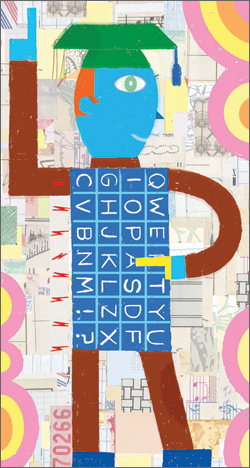Law.Gov: Legal Documents for the People
In today’s connected age, when almost any piece of information is instantly accessible, the legal world is oddly out of step. Internet searches for primary legal materials—such as dockets, briefs, and opinions from the judiciary; reports, hearings, and bills from the legislative branch; regulations, audits, grants, and other materials from the executive branch—often come up empty. These public documents are absent from public view, available only on a paid basis from for-profit companies such as LexisNexis. But that will change if Law.gov—a group made up of legal scholars and practitioners including staff at Stanford’s Robert Crown Law Library—has its way.

A national effort spearheaded by Carl Malamud of Public.Resource.Org, Law.gov’s first priority is to identify key elements of a proposed national law registry and to make recommendations to policymakers about how to structure a repository of primary legal materials from the government. A report outlining a blueprint to achieve its goals is expected sometime in late 2010.
“Law.gov seeks to make public—genuinely public—law from all three branches of government, for the first time ever. This hardly sounds revolutionary, but it is,” says Paul Lomio, director of Robert Crown Law Library. “Under the present system much of primary law is owned by corporations and locked behind pay walls, expensive pay walls at that. Even the government itself is paying large sums for access to its own legal information. Law.gov will make law accessible to everyone. This will force innovation—from the biggest existing players to individuals with visionary ideas who may create new legal research search tools, and more.”
At a Law.gov kickoff event held at Robert Crown Law Library last winter, more than 40 law students, law librarians, law professors, practitioners, publishers, entrepreneurs, and public access advocates came together to discuss such issues as copyright, privacy, and authentication. Librarians from Stanford are now working with the Northern California chapter of the American Association of Law Libraries to help develop a national inventory of primary legal materials that will inform the Law.gov report. Most recently Public.Resource.Org received a $2 million gift from Google to help make Law.gov a reality.
To learn more about the Law.gov movement, go to law.gov.stanford.edu.
